 We all know what it’s like to feel anxious, worry, get stressed or even kind of panic. Once we get through the event, exam or challenge, we breathe big sigh of relief. Our nervous system developed to gear us up to focus and be on heightened alert to help us get through it successfully. For some however, it goes too far and the heightened arousal can be excessive and become counterproductive. A musician’s fingers may start to shake, a singer may not be able to catch her breath or a teenager may blank out during a math exam. A traumatic event can bring this on, too, in anticipation that it might be repeated.
We all know what it’s like to feel anxious, worry, get stressed or even kind of panic. Once we get through the event, exam or challenge, we breathe big sigh of relief. Our nervous system developed to gear us up to focus and be on heightened alert to help us get through it successfully. For some however, it goes too far and the heightened arousal can be excessive and become counterproductive. A musician’s fingers may start to shake, a singer may not be able to catch her breath or a teenager may blank out during a math exam. A traumatic event can bring this on, too, in anticipation that it might be repeated.
Do you often use your creativity to think of ways things might go wrong? In the book “Why Zebras Don’t Get Ulcers”, Professor of Biology and Neurology, Robert Sapolsky says that for mammals, the stress response developed to respond to immediate physical crises. We humans can have these, too, but most often we stress out on things that are only in our heads and may never actually occur. We worry about the possibility of mortgage rates rising or about how we will do in a job interview or if the “Big One” is going to hit California soon. This is called “anticipatory anxiety” and can keep our minds and physiology under constant stress.
This type of stress does not help us do better at public speaking or in golf. It makes us do worse. If stress goes on too long, it can start to suppress our immune systems and actually becomes more damaging than the stressor itself!
Neurologist Rick Hanson says that “our brains are like Velcro for the negative and Teflon for the positive”. No wonder we can get into such a negative tailspin!
Fortunately, while yoga and meditation are great, there are also many easy-to-learn, on-the-spot tools to quickly cut through the anxiety cycle and return to calm and peace, such as breathing techniques, visualizations, creating new thought patterns, and even body postures.
With these tools and the use of hypnosis we can learn to self-sooth, but more than that, by changing our thought patterns and focus, we can actually change the structure of our brains! Consciously using our minds to engage in new mental activity can create new neural structures and more positive associations with triggers in the environment. As you learn to focus on the positive and truly sense the joy of pleasant times, your brain releases neurotransmitters, like dopamine, making you feel even better!
Once you’ve created a happier, more peaceful life for yourself these tools can be used for dental procedures, when you’re stuck in traffic, when you are on stage, or any other real, actual challenge. You’ve already freed yourself from the chronic state of stress that you used to live with and now can stay “in the zone” and operate at peak performance, knowing you are prepared to meet challenges as they come, no longer creating possibilities in your mind that probably will never come to pass.
